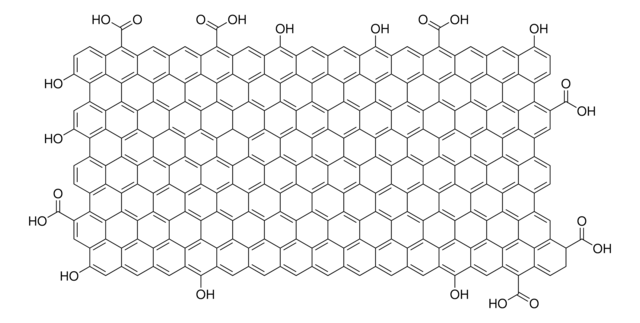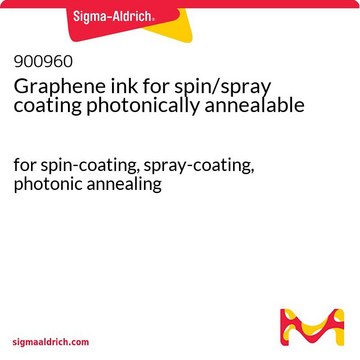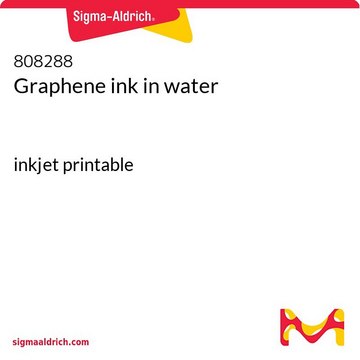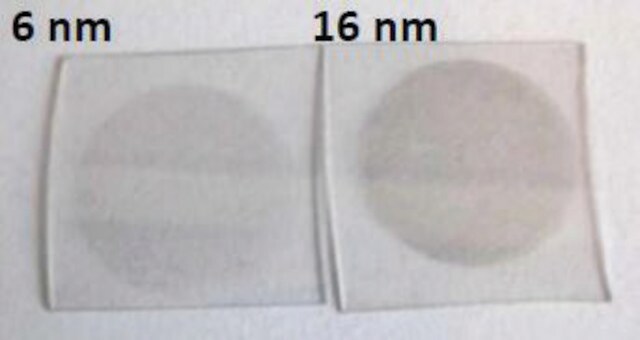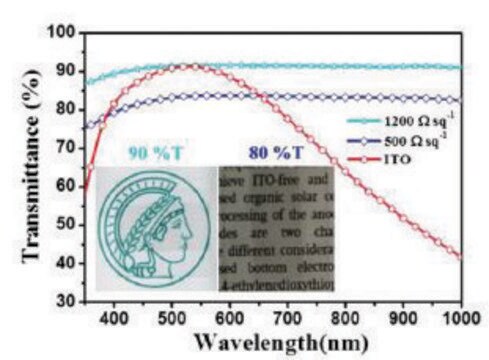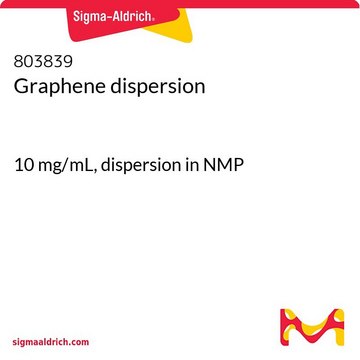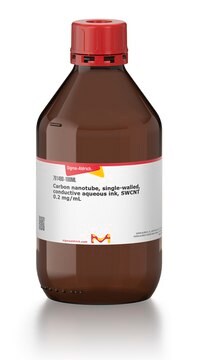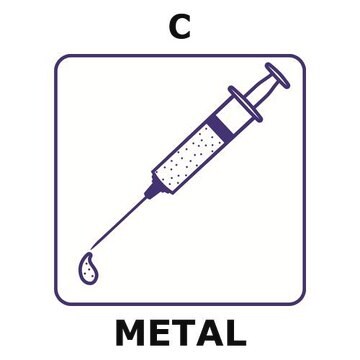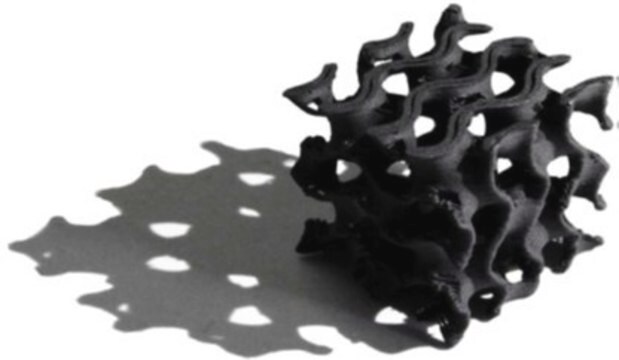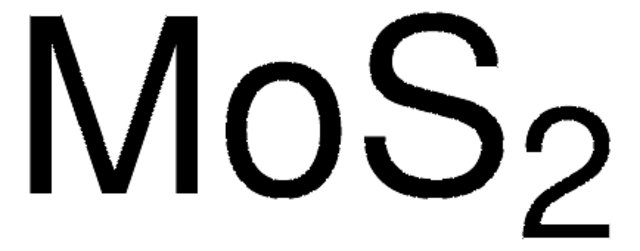796115
Graphene dispersion
for gravure printing,with ethyl cellulose in terpineol, gravure printable
Synonym(s):
conductive ink
About This Item
Recommended Products
product name
Graphene ink, for gravure printing, with ethyl cellulose in terpineol, gravure printable
form
liquid
greener alternative product characteristics
Design for Energy Efficiency
Learn more about the Principles of Green Chemistry.
sustainability
Greener Alternative Product
resistivity
0.003-0.008 Ω-cm (thermally annealed 250 °C for 30 minutes, film thickness >100 nm)
particle size
≤3 μm
surface tension
30-35 dyn/cm
viscosity
0.75-3.00 Pa.s (shear viscosity at 100 s-1, 25 °C)
bp
213-218 °C (Terpineol)
density
0.9-1.1 g/mL at 25 °C
greener alternative category
SMILES string
OC(C1=C2C(C3=C(C4=C(C5=C(C6=C(C7=C(C8=C(C9=C(C%10=C(C%11=C(C%12=C(C%13=C(C%14=C(C%15=CC=C%16O)C%16=C%17)C%17=C%18)C%18=C%19C(O)=O)C%19=C%20)C%20=C%21O)C%21=C%22)C%22=C%23)C%23=C%24O)C%24=C%25)C%25=C%26C(O)=O)C%26=C%27)C%27=C2)=C%28C%29=C(C%30=C%31C%28=C%3
Looking for similar products? Visit Product Comparison Guide
Related Categories
General description
Application
Curing Condition: 250-350 °C, 20-30 min
Legal Information
Signal Word
Warning
Hazard Statements
Precautionary Statements
Hazard Classifications
Eye Irrit. 2 - Skin Irrit. 2
Storage Class Code
10 - Combustible liquids
WGK
WGK 2
Choose from one of the most recent versions:
Already Own This Product?
Find documentation for the products that you have recently purchased in the Document Library.
Customers Also Viewed
Articles
The emerging field of printed electronics requires a suite of functional materials for applications including flexible and large-area displays, radio frequency identification tags, portable energy harvesting and storage, biomedical and environmental sensor arrays,5,6 and logic circuits.
Graphene is a unique two-dimensional (2D) structure of monolayer carbon atoms packed into a dense honeycomb crystal that has attracted great interest due to its diverse and fascinating properties.
Professor Gogotsi and Dr. Shuck introduce MXenes: a promising family of two-dimensional materials with a unique combination of high conductivity, hydrophilicity, and extensive tunability.
Graphene is a one-atomic-layer thick two-dimensional material made of carbon atoms arranged in a honeycomb structure. Its fascinating electrical, optical, and mechanical properties ignited enormous interdisciplinary interest from the physics, chemistry, and materials science fields.
Our team of scientists has experience in all areas of research including Life Science, Material Science, Chemical Synthesis, Chromatography, Analytical and many others.
Contact Technical Service